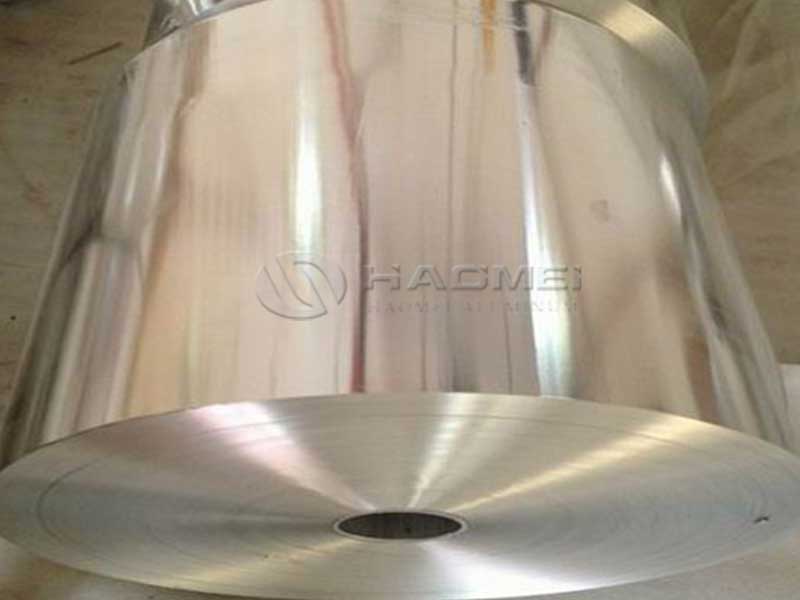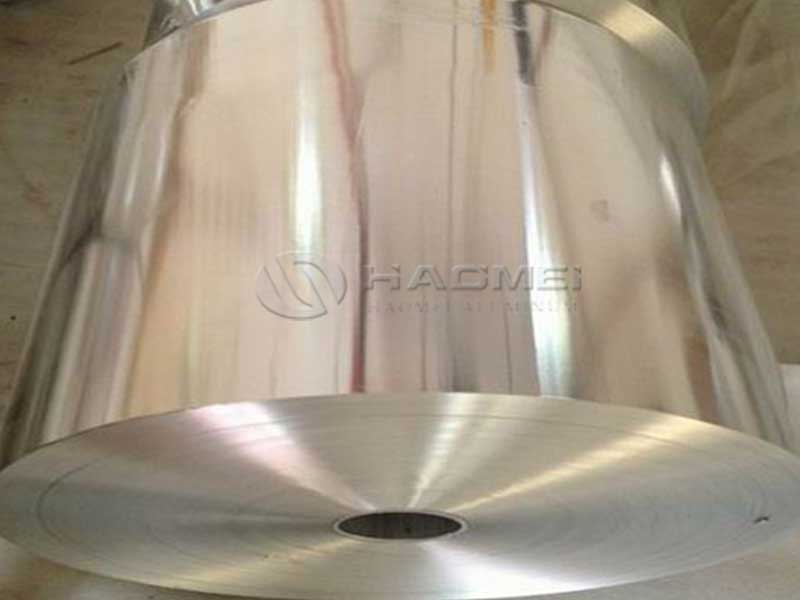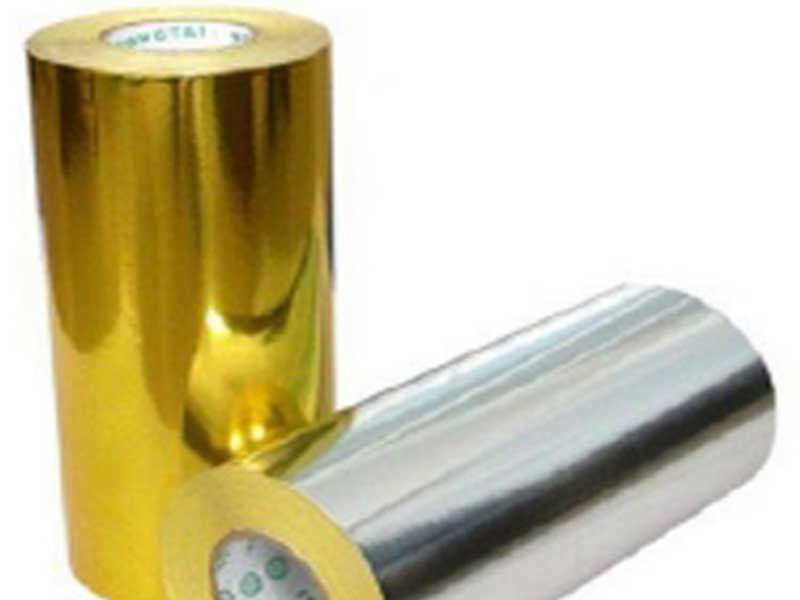Aluminum Foil Coil 0.005-0.5mm
Aluminum Foil Coil 0.005-0.5mm: The Everyday Hero You Didn’t Know You Needed
When you think of aluminum foil, you probably imagine the shiny stuff that wraps your leftover pizza or keeps your baked veggies steaming hot. But step aside kitchen clichés—the aluminum foil coil, especially in the thin range of 0.005 to 0.5 mm thickness, is a superstar far beyond your household uses.
Let’s unpack why that super-slinky sheet of metal is a quiet powerhouse in industries, technology, and even art. We’ll take it easy, break things down simply, and get to know this humble coil a little better.
So, What is an Aluminum Foil Coil Anyway?
Think of an aluminum foil coil as a really, really long roll of aluminum sheet metal—one that’s been rolled razor-thin. The thickness we're talking about ranges from almost paper-thin at 0.005 mm (or 5 microns) up to half a millimeter. Just imagine a flexible metal ribbon that’s both stiff enough to hold its shape but pliable enough to bend, fold, and roll without breaking.
Working with aluminum foil coils in the 0.005-0.5mm thickness range presents a unique set of challenges and rewards. The thinner gauges, especially below 0.01mm, are incredibly delicate. We're talking about material thinner than a human hair, requiring extremely precise handling and specialized equipment to avoid tearing or scratching during the rolling, slitting, and packaging processes. Even minor variations in humidity or temperature can impact the coil's behavior, leading to potential defects. The payoff, however, is the versatility. These thinner foils are crucial for applications demanding flexibility and superior barrier properties, like food packaging, capacitor manufacturing, and specialized heat sinks. We constantly refine our processes to ensure consistency and quality across this wide thickness range.
Personally, I find the sheer precision involved in producing these coils fascinating. It's a testament to the ingenuity of the rolling mill design and the skill of our operators. We’re not just making a product; we’re crafting a material with incredibly fine tolerances. A tiny adjustment in the rolling parameters can drastically alter the final product's properties. I've spent countless hours troubleshooting minor inconsistencies, learning to interpret the subtle nuances of the foil's surface finish and mechanical properties to pinpoint the source of any problems. It's a challenging but deeply rewarding job, knowing that the work we do here is essential to so many different industries and everyday products.
The coil format means industries can handle, cut, and process these foils smoothly, adjusting thickness based on specific needs.
The Subtle Science Behind the Thickness
Thin means versatile—but it also challenges manufacturing precision. At 0.005 mm (which is about 50 times thinner than a human hair!), the aluminum sheet balances strength, weight-saving, and barrier functionality—no small feat for metal. It’s like giving aluminum a superpower: lightweight but blocking oxygen, moisture, and light as a champ.
Heavier gauges closer to 0.5 mm behave differently. They're stiffer with higher tensile strength but less flexible, useful when sturdiness overtakes formability.
The Top Jobs Aluminum Foil Coil Takes On
Packaging MagicAluminum foil coil’s main gig, hands down, is packaging. Indoors or outdoors, food or medicine, thin foils keep products fresh by being smells-quashing, moisture-blocking, and heat-reflecting barriers. In pharmaceuticals, the foil protects delicate tablets, keeping their efficacy intact. On the gourmet side, it lends brilliance to retort pouch packaging used in ready meals and snacks.
Electronics and InsulationEver wondered how gadgets stay cool or why wiring stays protected? Aluminum foil coils enter as shielding layers wrapping delicate electronics or insulation layers. Electrical cables often have aluminum foil wraps to stop interference and ensure signal clarity. Even in solar panel production, thin coils serve as reflectors and heat-resistant shields.
Construction and Home Décor Come to MindFolks don’t talk about architectural uses much, yet aluminum foil coils play a strong role inside insulation panels, roof layers, and vapor barriers. Imagine living in a more energy-efficient house because your walls bow to the trusty presence of aluminum. Outside classic welding aids and reflective laminates, interior ceiling and wall panels sometimes carry these thin coils underneath décor—for moisture control and a hidden shine.
More Artful and Curious ApplicationsArtists and crafters find aluminum foil coils indispensable for pieces that crumple, mold, and hold shine. It’s like nature’s combined majesty of metal luster and paper flexibility. Aluminum is recycled easily, so using scratch cuts from these coils often suits eco-conscious creative projects.
Why Thickness Matters Here
- The thinnest variants (around 0.005 mm) show up in tight-space tech packaging or layers in multi-ply laminates. Precision is everything, especially when the foil’s supposed to perform as a near-perfect vapor barrier while conserving weight.
- Middle thicknesses (0.01-0.1 mm) bridge between luxury packaging and applications needing a little sturdiness, for wrapping electronics or decorative metal laminates.
- Heavier coils, not so common as "foil" but still called that sometimes, closer to 0.5 mm become foundation materials for specialty roofing sheets or protective facing layers.
Fun Fact: Aluminum Foil Isn’t Just “Foil”
In factories, aluminum foil coil production is an industrial art. From melting, rolling, to tempering and surface finishing decides just how your eventual aluminum strip behaves: something sticky, shiny, or more matte. Some coils have an added oxide layer for corrosion resistance; others receive embossing that traps air for insulation needs.
Also, it’s worth saying that printing or laminating on aluminum foil coils brings branding and intelligence to decisions like “Fresh till when,” turning mere foil into an interactive packaging player.
Bottom Line: Your Unseen Everyday Ally
Next time you gently peel open that chocolate bar, zip that fresh broth pouch, or bring light into a nifty tech gizmo, remember there’s a shiny, tough coil behind it. The chapter of aluminum foil coil thickness from 0.005 up to 0.5 mm pinpoints neat engineering insights, endless flexibility across appearances, and strength without heft.
Behind everyday magic, aluminum foil coil acts kind, reliable, adaptable—to industries small and big—shaping lives without making a fuss. And now, you’re in on the secret.
Feel free to ask if you want to dive into exact specs or handling tips for these delicate but wonderfully practical coils!
https://www.alusheets.com/a/aluminum-foil-coil-0005-05mm.html






